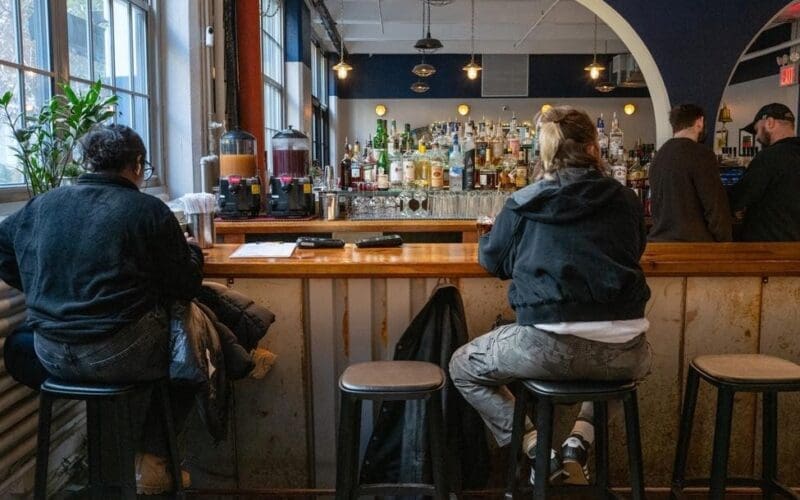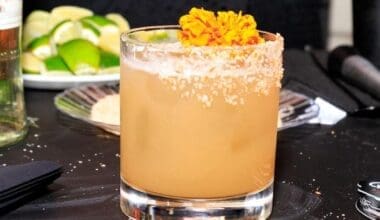In a society where alcohol is often synonymous with celebration and social gatherings, a stark warning from U.S. Surgeon General Dr. Vivek Murthy has cast a shadow over its gleaming image. Dr. Murthy has stated that alcohol is a known cause of cancer, contributing to approximately 100,000 cases and 20,000 deaths annually in the United States. Despite these alarming figures, many remain unaware of the dangers linking alcohol to various cancers, including those of the breast, liver, and throat. This warning arrives at a juncture where Americans are already re-evaluating their drinking habits.
Dr. Murthy’s advisory highlights an unsettling truth: many do not recognize alcohol as a significant cancer risk. He has called for updates to health warning labels on alcoholic beverages to enhance public awareness. This caution arrives at a culturally transformative moment as Americans reconsider their association with alcohol, spurred by shifting generational attitudes and the emergence of alcohol-free alternatives.
The COVID-19 pandemic had a notable impact on alcohol consumption patterns. During lockdowns, many turned to alcohol for solace, leading to a 20% spike in heavy drinking among adults. However, as restrictions have eased, there has been a noticeable shift, particularly among Gen Z and Millennials, toward reduced alcohol consumption. In 2024, 61% of Gen Z individuals expressed plans to drink less, with Millennials not far behind, citing reasons like health improvement, financial savings, and mental clarity.
This shift aligns with the rise of the ‘sober curious’ movement, where individuals explore socializing without the default presence of alcohol. In 2024, 41% of Americans intended to decrease their drinking, and a growing number identified as ‘mindful drinkers.’ The availability of appealing non-alcoholic options like craft mocktails and zero-proof beverages is redefining social rituals, proving that one can enjoy social interactions without alcohol.
As alcohol’s dominance wanes, it begs the question of what’s stepping in to fill the void. Non-alcoholic drinks are gaining popularity, offering complex flavors suited for adult tastes. Meanwhile, THC-infused beverages are emerging as a ‘new cocktail’ in states where cannabis use is legal, perceived as a laid-back, health-conscious alternative free from alcohol’s stigma.
The change is fueled by economic considerations and public health warnings. With rising costs, people are less inclined to spend on expensive drinks, reminiscent of past economic trends where financial strains influenced drinking habits. The Surgeon General’s stark warning has provoked a broader conversation about alcohol’s place in modern culture. Some experts speculate whether alcohol might eventually face a decline similar to tobacco, once a cultural staple, now a recognized health risk.
As the nation grapples with these revelations, the future of drinking in America appears poised for change. Whether through embracing non-alcoholic options or entirely re-evaluating social norms, the message is clear: the relationship with alcohol is evolving. While the drink in hand may change, the essence of shared moments and connections will endure, ensuring that the social ritual continues to thrive.
Source: Forbes






